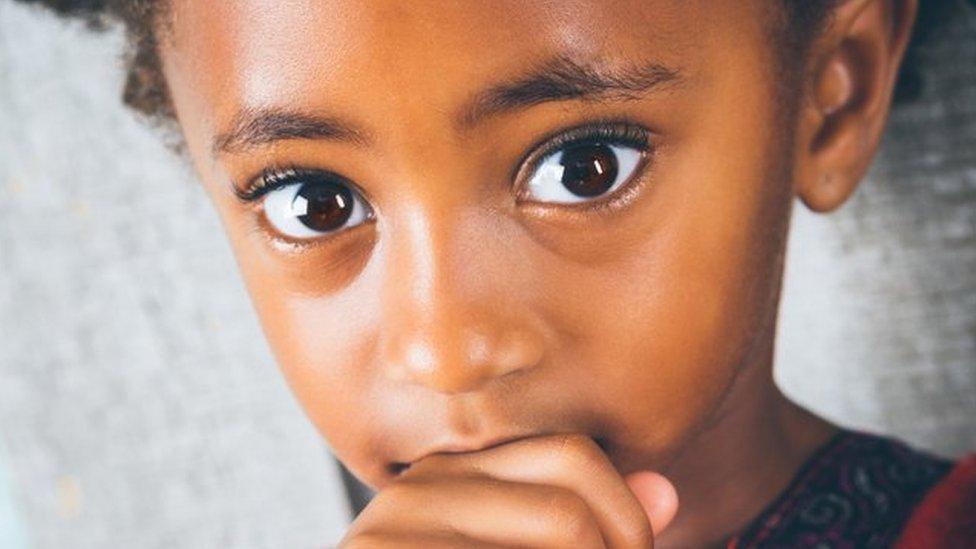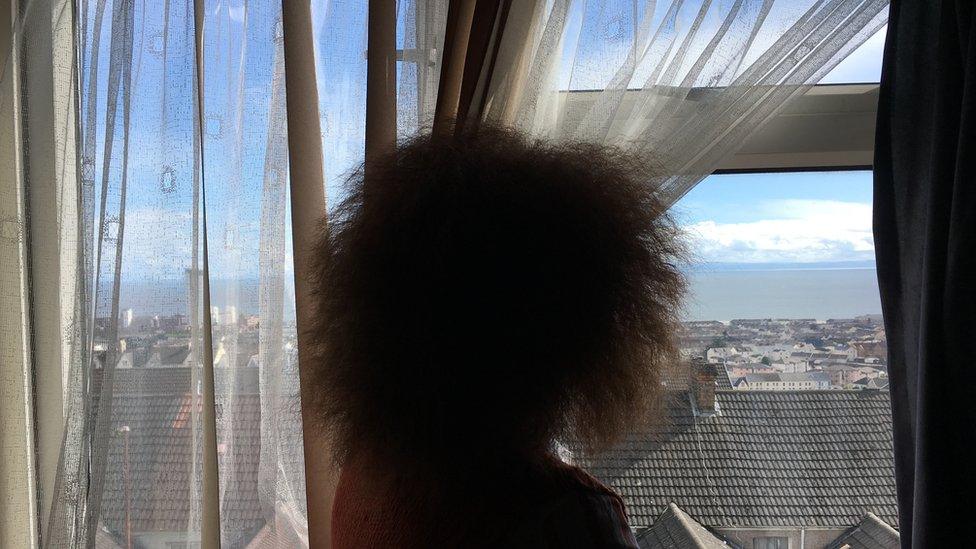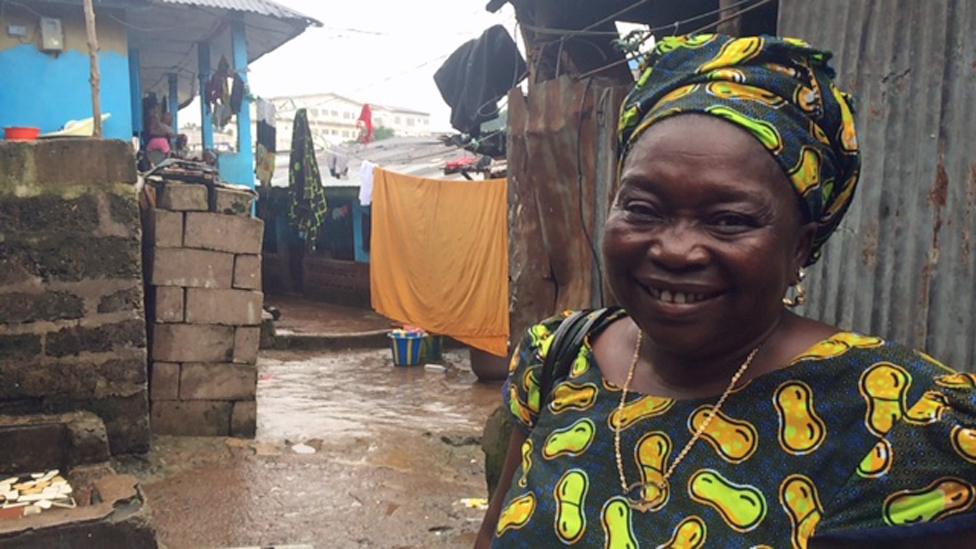FGM: 123 victims treated in Wales last year, figures show
- Published
FGM survivor describes witnessing her sister being cut
A case of female genital mutilation was discovered every three days, on average, by maternity staff in Wales last year.
New figures obtained by BBC Wales show 123 victims of FGM were found by midwives or maternity doctors in 2016.
A further 44 children under the age of 18 were highlighted as vulnerable to the practice.
Charity Welsh Women's Aid said figures showed just the "tip of the iceberg".
Campaigners have previously called for a dedicated clinic to be opened in Wales to help FGM victims.
The statistics, provided by the seven Welsh health boards after a Freedom of Information request by BBC Wales, showed the highest number of cases - 53 - were recorded by Aneurin Bevan health board.
There were 45 cases in Cardiff and Vale health board and 20 in Abertawe Bro Morgannwg health board, while three health boards - Hywel Dda, Cwm Taf and Betsi Cadwaladr - had five or fewer cases.
Only Powys Teaching Health Board recorded no cases.
Welsh Women's Aid said data on FGM in Wales was "hard to come by" but it was estimated 2,000 women in Wales are living with FGM.
"This suggests that the number of cases identified by the seven Welsh health boards are only the tip of the iceberg," the charity said in a statement.
"Welsh Women's Aid welcomes the fact the health boards are identifying and recording cases. It clearly demonstrates the need for specialist support for women and girls suffering from the significant physical and psychological affects of FGM."

Crimestoppers in West Mercia has launched a campaign to encourage reporting of the crime
The charity said it hoped the statistics would "raise the awareness" across the seven Welsh Health Boards that they "need to fund dedicated support to those affected by FGM".
"FGM is child abuse and a violation of women and girls' human rights - it is critical that all public services and wider communities take action and ensure the safeguarding and support of girls at risk of FGM and there is sufficient provision of specialist support for women and girls affected," the charity said.
It added there needed to be "national and local support" to tackle the problem.
An estimated 200 million women and girls worldwide are affected by FGM.
In 2014-15, charity Bawso supported 788 families affected by FGM in Wales which, according to the World Health Organization, involves "the partial or total removal of the female external genitalia or other injury to the female genital organs for non-medical reasons".
In January, Bawso said it was working to open a pilot clinic at the Cardiff Royal Infirmary to provide medical and psychological help to survivors.
There are currently five drop-in clinics in England for victims of the practice.
Campaigners have warned teachers should be aware young girls may be taken abroad in summer holidays to undergo FGM as it takes up to four weeks to heal, with the fear it can be done before a girl returns to school at the start of the autumn term.
It has been illegal to carry out FGM in the UK since 1985, but there has not been a single successful prosecution.
A Cardiff Council report said two cases are currently being investigated by the Crown Prosecution Service in Wales.
No orders to protect young girls and women at risk of female genital mutilation have been made in Wales.
- Published22 April 2017

- Published20 November 2016
